Make geography a standalone class
When I gave a geography test with eight questions to a class of 25 Burlingame students, the average score was 3.8 out of 8 — concerningly low.
2
0
Donate to The Burlingame B
$550
$1500
Contributed
Our Goal
Your donation will support the student journalists of Burlingame High School - CA. Your contribution will allow us to purchase equipment and cover our annual website hosting costs.
More to Discover
About the Contributor

Joelle Huysmans, Design Editor
Joelle Huysmans is a junior at Burlingame High School and Design Editor as a third-year journalism student. Outside of school, she enjoys playing tennis, running track and field, discovering new countries with her family, and playing electric guitar. Her profound passion for reading, writing and art has led her to this class and she is excited to see where it will take her next.



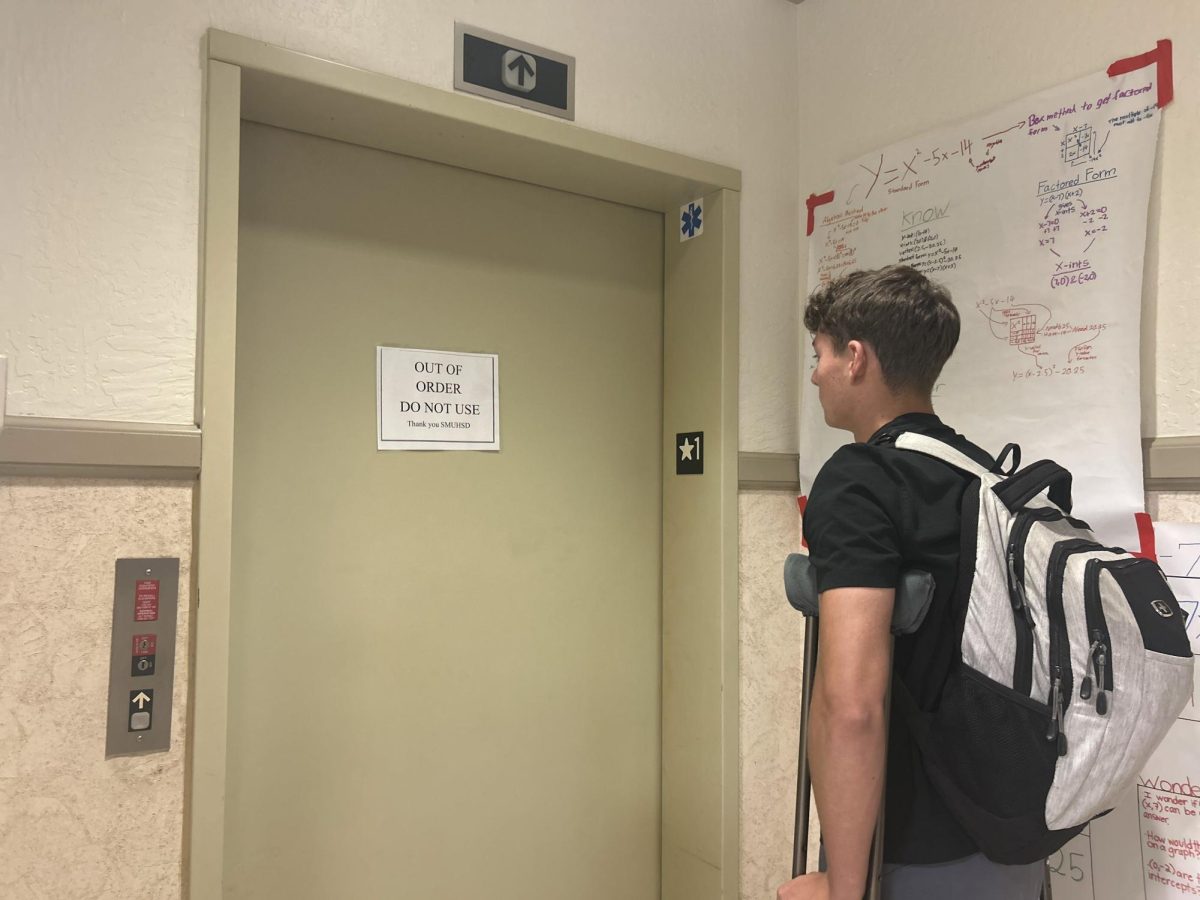


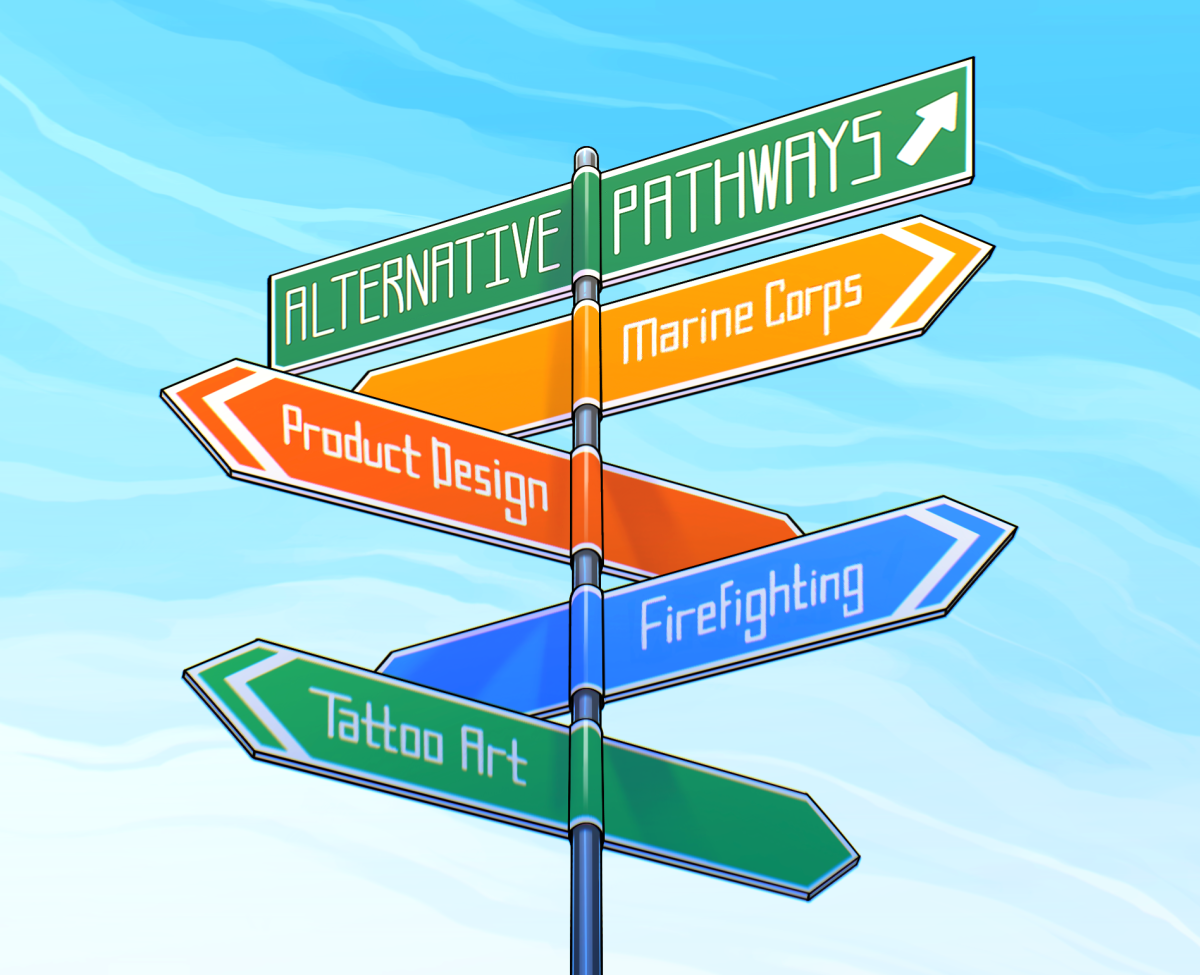

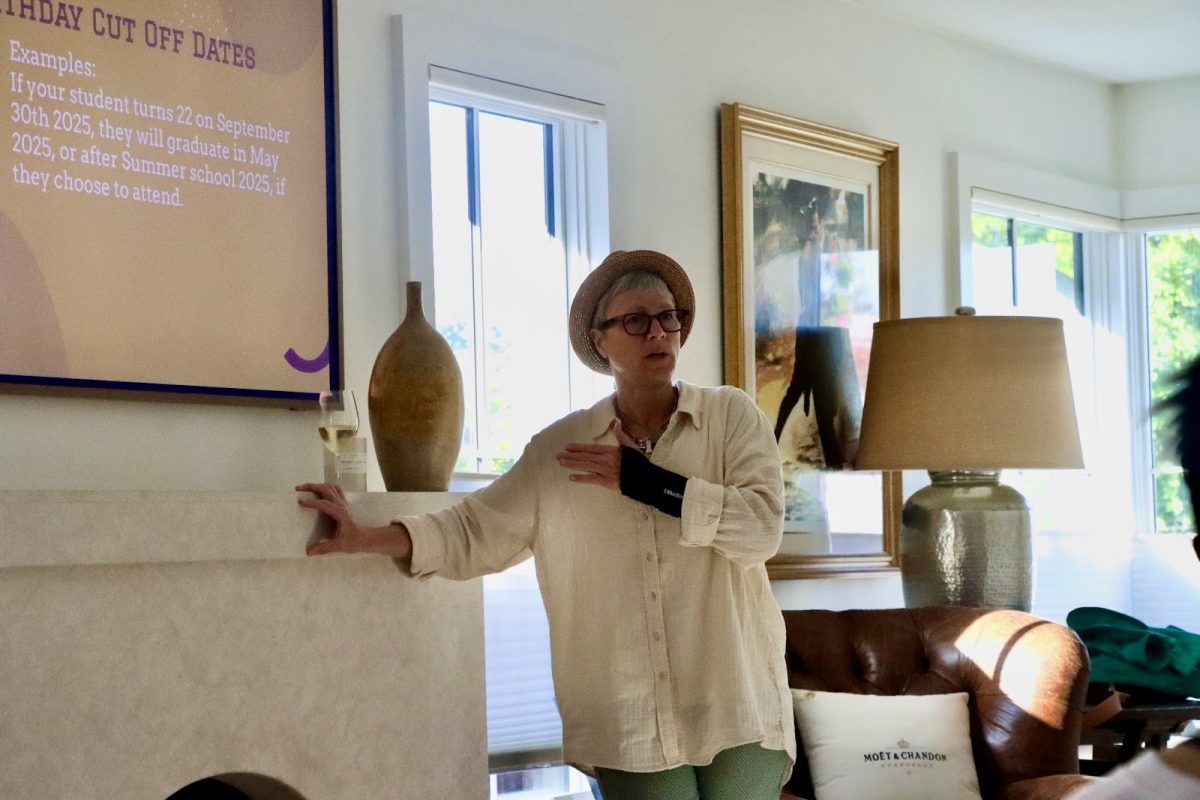



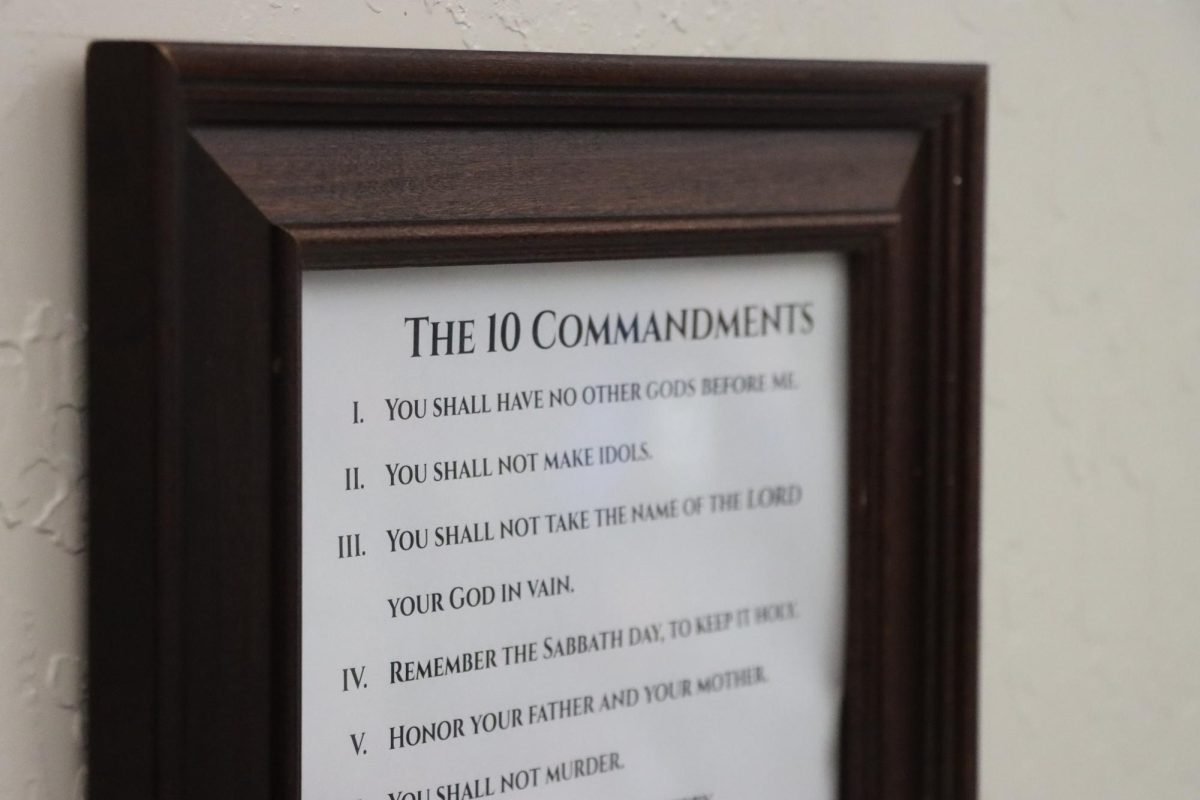





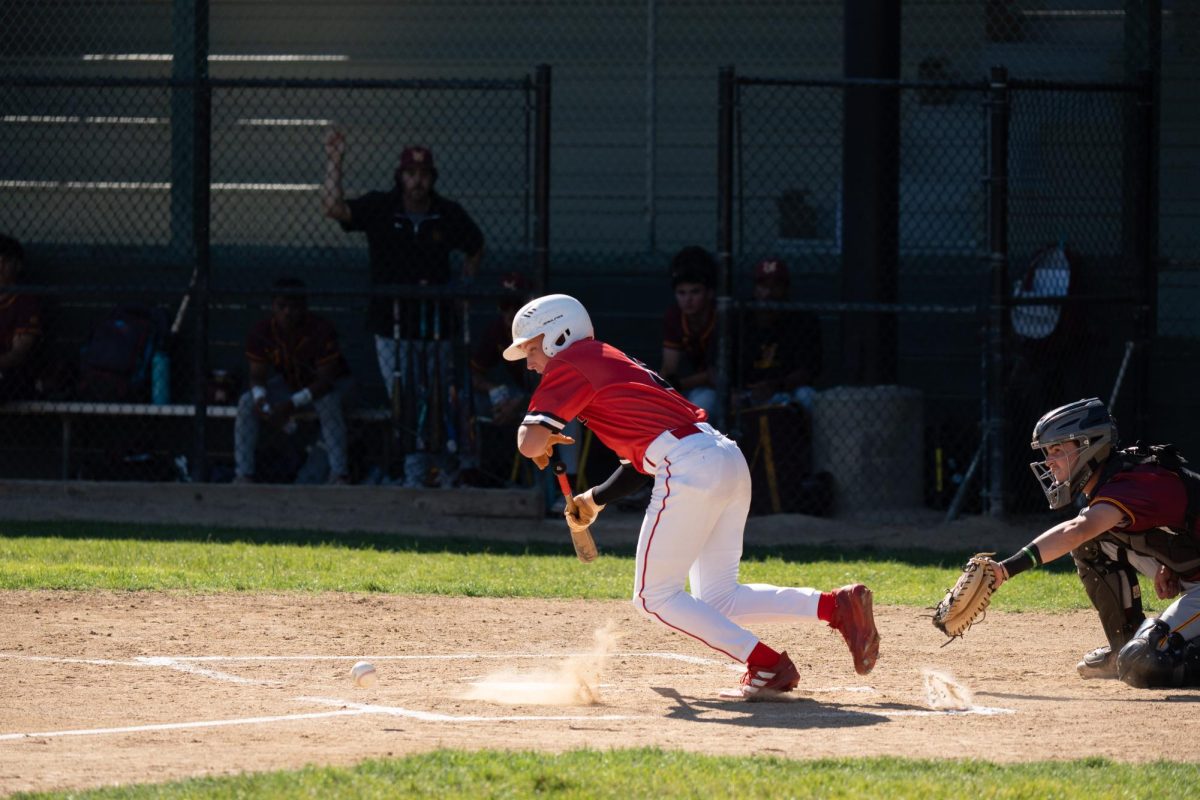

















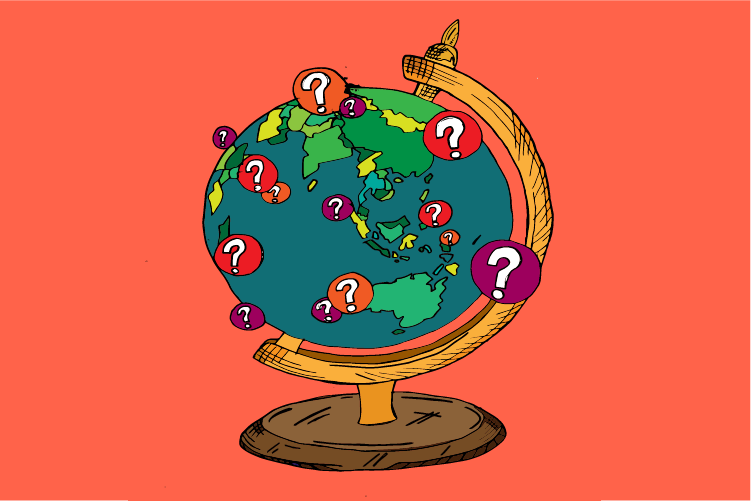






Jan Huysmans • Dec 20, 2023 at 12:54 pm
I like your extension of geography beyond a map of countries and their capitals. Most often the links are with science: geology, biology, chemistry, and physics. But there are more links: to culture, languages, nations, and politics. Good to point this out.
Andrea Lacou • Dec 19, 2023 at 2:51 pm
Wow!I love when you say that geography is a very important study especially to know and understand our neighbors.
Love, Andree